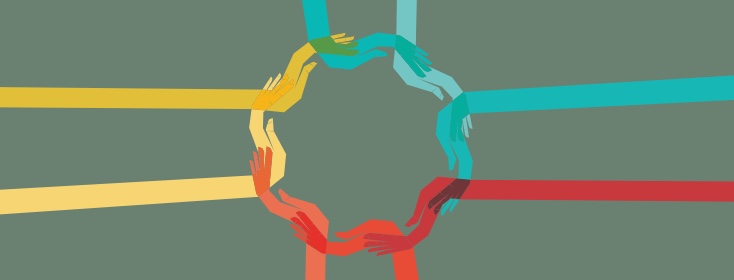What is a "real" migraine?
This topic comes up a lot. In fact, it got started at our house over Thanksgiving weekend when my husband got a migraine attack. At first he couldn’t concentrate or focus. His brain just wouldn’t engage. A few hours later he started flipping off light switches all over the house. He wasn’t in any pain, but he definitely wasn’t himself either. He complained about “wasting the day.” Several hours later he started yawning uncontrollably and stated that the yawns were painful and that he felt like he couldn’t yawn big enough. That’s when I finally spoke up.
“You are having a migraine attack.”
Confused from the migraine-induced brain fog, he argued, “But my head doesn’t hurt.”
“Yeah, I know. How many times do I have to tell you that migraine isn’t a headache? That might happen later, but you’re already having an attack.”
“Whatever…” he wandered off in a daze.
The next morning he complained that his neck was sore and stiff. I wasn’t surprised. “That migraine attack isn’t over. Does your head hurt yet?”
He thought about it for a minute. “It doesn’t feel right, but I wouldn’t say it hurts.”
Within an hour, the headache phase started. The pain was mild, but strong enough to be distracting. He was able to function, but certainly not as well as usual. The headache phase lasted for about 12 hours. The next morning, he was still struggling to work through the postdrome phase. He still couldn’t think clearly, needed a nap, and complained of neck stiffness. The whole process lasted a full three days.
No one else could tell that he was experiencing a migraine attack. If I wasn’t so well-educated about migraine, I would not have been able to identify the problem so early. You see, not all migraine attacks are severe enough to force patients into bed. Not everyone experiences nausea and vomiting. Some people are impaired in different ways. He has been diagnosed with episodic migraine without aura. His primary symptoms are cognitive impairment, neck stiffness, photophobia, and mild head pain.
I bet that some of you are thinking he doesn’t get “real” migraine attacks.
It’s understandable to question the veracity of someone’s claim when their experience does not match our own. For years he refused to admit that he was getting migraine attacks because his experiences were not as disabling as mine. I really had to push hard to convince him to talk to our doctor, track his attack frequency, and discover his triggers. When he finally relented, he was able to get good relief from sumatriptan. With my encouragement, he discovered that his primary triggers were caffeine, thunderstorms, and sleep irregularities. Now he does much better, averaging one or two attacks each month.
After witnessing some of my worst attacks, there is no way my husband would ever compare his version of migraine with mine…or yours, for that matter. Even with a confirmed diagnosis, he is still reluctant to admit he has migraine. He recognizes that no two migraineurs are alike. Some can function well enough to hide the symptoms from most people. Others must hide in the dark and rely on powerful painkillers. Everyone in our family is a migraineur. Storms and sleep problems are the only two common triggers we all share. None of us has exactly the same set of symptoms and we all have completely different treatment plans. If that can happen in one family, imagine the variations among all of us!
Let’s all remember we are part of the same family. What are your unique symptoms? Do they change sometimes? What about your family members? How are their migraine symptoms different from yours? We all share the same hypersensitivity of our brains. That is where the similarity stops and diversity begins. Let's embrace our differences.

Join the conversation